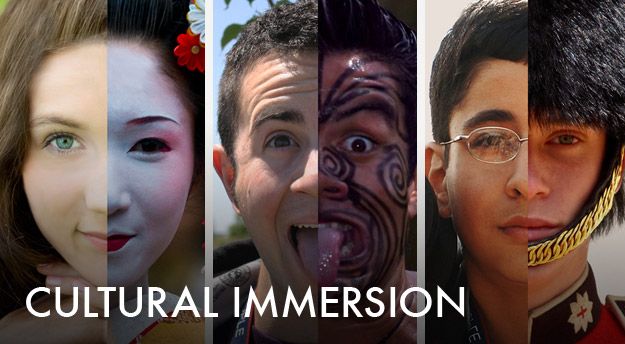
Travel is not just about sightseeing; it is an opportunity for cultural immersion. Experiencing local traditions, cuisine, and daily life helps travelers gain deeper understanding and appreciation of the places they visit.
Cultural immersion allows travelers to engage with communities in meaningful ways. Participating in local festivals, learning traditional crafts, or joining cooking classes connects visitors with the history and values of a destination. These experiences go beyond typical tourist attractions, creating lasting memories and personal growth.
Language learning is another aspect of cultural immersion. Even basic knowledge of local languages enhances communication, fosters respect, and demonstrates interest in the host culture. Travelers often find that locals respond positively to efforts to understand their language and customs.
Cultural immersion also supports responsible tourism. By engaging directly with local communities and supporting small businesses, travelers contribute to economic development while reducing negative environmental and social impacts. For example, buying handmade goods from artisans helps preserve traditional skills.
Technology can enhance immersion. Travel apps provide insights into cultural sites, offer language assistance, and recommend authentic experiences. However, it is important not to rely solely on digital tools—direct interaction and observation remain essential.
Challenges exist, such as navigating cultural differences or avoiding tourist traps. Respect, open-mindedness, and curiosity help travelers overcome these obstacles and fully benefit from immersion experiences.
In conclusion, cultural immersion transforms travel from a passive activity into an enriching journey. By engaging deeply with local communities and traditions, travelers gain knowledge, empathy, and unforgettable experiences.